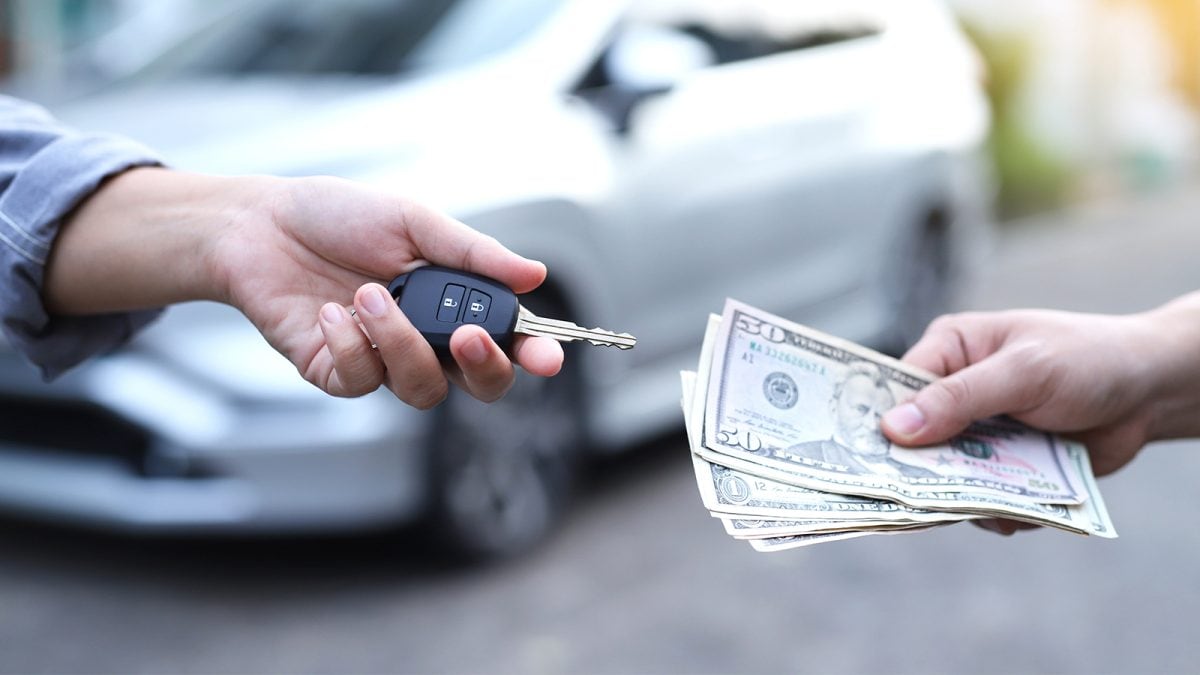In the realm of buying a used car, one of the most important factors that can dramatically influence a vehicle's value is its mileage. For many prospective buyers, comprehending how mileage impacts pricing and overall worth is essential to making an informed purchase. As cars accumulate miles, they not only endure wear and tear but may also indicate the potential for future maintenance and repair needs. Therefore, knowing how to evaluate a car's mileage together with other important factors can help buyers not get cheated and ensure they spend their money wisely.
In this article, we will explore the influence of mileage on used car value, examining key considerations that every buyer should keep in mind. From deciphering how mileage correlates with depreciation to recognizing the importance of a used car inspection, we aim to equip you with the knowledge necessary for navigating the used car market smoothly. Whether you're looking for the top vehicles under ten thousand dollars or considering the advantages of certified pre-owned options, understanding the details of mileage will empower you to make the correct choice at the right price.
Acquiring Guidelines for Pre-owned Cars
When shopping for a used car, it is important to do your research ahead of time. Familiarize yourself with the current value of the specific make and model you are considering. Websites like Kelley Blue Book and Edmunds Guide are great resources for checking prices and understanding how mileage impacts value. Understanding the average price spectrum will help you identify if a listing is fair or too high.
Always inspect the vehicle thoroughly. There are 10 essential things to check prior to buying a used vehicle, including the condition of the wheels, stopping system, and engine. Look for evidence of damage, and do not think twice to ask for a comprehensive vehicle history report. cars for sale Abroath Angus can reveal vital details about historical accidents, service history, and whether the vehicle has ever been salvaged.
Getting a pre-purchase inspection from a certified mechanic can protect you from future issues. This professional evaluation can uncover hidden issues that might not be apparent during a casual inspection. Be sure to assemble all the necessary paperwork, including maintenance logs and title documents. Knowing what to expect from a used car inspection will provide you with greater confidence in your purchasing decision.
Comprehending Used Car Value
The price of a used car is chiefly determined by multiple key elements, with mileage being a of the key elements. Generally, the more miles a car has, the lower its value. This is because increased miles driven often is associated with increased wear and tear, resulting in potential repair issues for customers. Comprehending how mileage affects valuation can assist customers make wise purchasing decisions and negotiate better offers.
Another important aspect of pre-owned car value is the car's overall condition, which entails both mechanical and aesthetic factors. While mileage informs potential buyers about how heavily a car has been driven, the quality can add or detract from its worth considerably. A properly cared-for car with higher miles driven may even command a favorable price if it is in excellent state, whereas a less driven vehicle with poor care may be worth considerably less.
In furthermore to miles driven and condition, used car value is also influenced by market dynamics and consumer demand. Certain vehicles retain their worth better due to high demand and reliability, while others drop in value more swiftly. For example, sport utility vehicles and pickups often command higher resale worth due to their functionality and demand among consumers. Realizing how these dynamics play out can help purchasers understand what they should anticipate when buying or selling a second-hand car.
Maintenance and Protection Considerations
When possessing a used car, upkeep is essential to ensure longevity and dependability. Regular upkeep can help reduce maintenance expenses and keep the vehicle running smoothly. It's important to develop a routine service plan, which includes oil replacements, tire rotations, and brake inspections. Additionally, monitoring liquids, screening devices, and components can stop larger issues in the future. Understanding a specific used car's maintenance history can provide information into potential upcoming costs and identify any warning signs that could suggest a problem.
Insurance is another key aspect to factor in when acquiring a used vehicle. Different models come with diverse insurance premiums based on their safety ratings, repair costs, and risk of theft. It's wise to get quotes from multiple insurers to find the best protection at an affordable rate. Additionally, some financial institutions may demand full insurance, while others might permit liability coverage, depending on the car's value. Evaluating your coverage choices in conjunction with the purchase cost can help you define a realistic budget.

Choosing an extended warranty or maintenance plan could also be beneficial for a used car owner. These plans can offer additional peace of mind, covering unexpected fixes beyond the manufacturer's warranty. However, it's essential to carefully examine the terms and conditions to ensure you're getting the right protection for your needs. Managing upkeep, coverage, and warranty choices is crucial for cost management and ensuring your used car remains a trustworthy investment.
